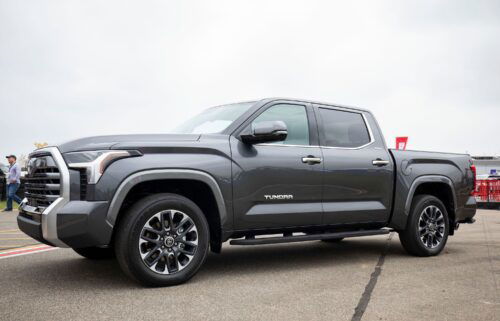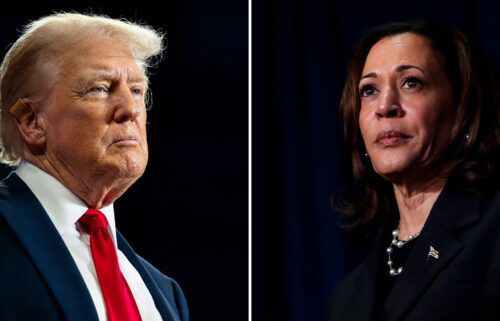Chinese report counts 206 unicorns. That’s more than America

China has surpassed the United States to become the world’s biggest hub for unicorns, according to a new report from a Shanghai-based research institute.
Wealth research firm Hurun says China is home to 206 unicorns, or privately owned companies worth at least $1 billion. Hurun’s tally puts China slightly ahead of the United States, which the firm says has 203 such companies. Together, the two countries host more than 80% of the world’s unicorns, according to Hurun.
China also has the most unicorns in the e-commerce, electric car and healthcare industries, while the United States leads in cloud computing, artificial intelligence and life science.
Beijing, meanwhile, also powered ahead of San Francisco to become the world’s “unicorn capital,” the firm said. Beijing is home to 82 unicorns compared to San Francisco’s 55.
China’s technology ambitions are helping fuel a startup boom. The government has been encouraging its companies to become less dependent on foreign technology and achieve dominance in key sectors over the next decade — a campaign that has intensified during China’s ongoing trade war with the United States. Major Chinese tech firms, like drone manufacturer DJI and the video sharing app Kuaishou, are on Hurun’s inaugural list.
“Three years ago, on our global rich list, China overtook the United States for the first time in the number of billionaires. Today, China surpassed the United States for the first time in the number of unicorns,” said Rupert Hoogewerf, the chairman and founder of Hurun, in a statement. He called the list a “surprise.”
It counts notably more Chinese unicorns than other research firms. CB Insights, for example, recorded 99 unicorns in China in October.
China is home to the world’s three most valuable unicorns, according to Hurun: Ant Financial, an affiliate of Chinese tech giant Alibaba, which it values at $150 billion; Bytedance, valued at $75 billion; and Didi Chuxing, valued at $55 billion. Bytedance and Didi Chuxing also appear on CB Insights’ October list, but Ant Financial does not. CB Insights did not respond to request for comment about its methodology.
The vast majority of the unicorns that are listed by Hurun but not by CB Insights are relatively small, with valuations between $1 billion and $2 billion. Baby goods retailer Kidswant and medical device maker Ankon Medical Technologies make the Hurun list, for example.
Hurun also included larger companies like Lufax, an online wealth management platform worth $38 billion and backed by China’s Ping An Insurance.
The Chinese firm regularly publishes other accounts of wealth, including lists of the richest people in China and India. But this is the first year it has published a unicorn list, which it compiled after tracking companies on a “unicorn index” for 18 months.
Hoogewerf told CNN Business that Hurun based its list on four criteria: The companies must have been established since 2000, must be valued at $1 billion or more, must not be publicly traded and must have received funding from outside investors.
Hurun received suggestions for the list from investors as well, Hoogewerf said. The research firm conducted independent reviews to verify any information it gathered.
“We are trying to have a more complete count of unicorns in the local market,” Hoogewerf said, adding that many Chinese unicorns aren’t as well known internationally. “China has such a big economy, a huge population and a thriving new economy, it’s hard to image it only has 80 to 90 unicorns.”


